Can You Start a Writing Career When You're Over 70?
I published my debut book with 74 and am now having the time of my life
I grew up in a culture where one never mentioned one’s accomplishments. To do so wasn’t just considered bad form. Worse, it was “putting on airs,” “getting notions,” or—perhaps worse of all—“getting above your station.”
This culture was working-class/Irish-Catholic where doing the work, keeping your head down, and keeping your mouth shut were considered (justifiably) survival skills. I suspect this is not limited to working-class Irish Catholics.
Favorite line in my house: “Don’t break your arm patting yourself on the back.”
So, it is with some residual trepidation, that I say this:
I’ve had a pretty good run over the past five years. I’ll even use the “S” word: a very successful run.
And for four of those five years, I’ve been in my 70s.
I need to back up a bit here to situate this success. This is outlined in my debut book “Honest to God” which I published two weeks ago with 74 — so there I go, “waving my own flag.”
I woke up on my first day of “retirement,” two swords of Damocles hanging over my head
I “retired” at sixty-four years of age after last pastoring a wonderful congregation for a dozen years. As far as Social Security and the congregation knew, I was “in retirement.”
But this depends on what you mean by the word “retire.”
I had zero intention of lying in a hammock, going golfing (a good walk spoiled), gardening (too many ticks, and I already had a bout with Lyme disease), buying a Winnebago (12 square feet of living space and no shower?), or taking en plein air painting classes.
And there’s this: from the moment I woke up on my first day of “retirement,” a beautiful, fresh June morning with the birds singing, I had two swords of Damocles hanging over my head.
You’d think this might put a damper on his appetite.
The Swords:
#1: My grandfather, after working forty backbreaking years in a foundry, had a stroke two months after he retired. It paralyzed the left side of his body and robbed him of speech. He lived for another ten years shuffling from the chair in front of the television to the chair at the kitchen table, a distance of twenty feet.
#2: My father, a seemingly robust 65 when he retired as a Boston Fire Chief, was diagnosed with mesothelioma four months later on vacation in Florida. He was dead within the year.
After 60, death is a sniper
When you cross into your 60s, your odds of dying ¬ or of merely getting horribly sick on the way to dying ¬ spike. Death is a sniper. Nora Epron
I had a strategy: keep moving. No matter what happens, do not stop. Not to put too fine a point on it, but, by not stopping, I figured I could avoid being marked with the red laser dot from death’s sniper gun on my head.
And anyway, I had pursuits.
Not hobbies. I had life-long vocational pursuits: writing and music, both of which I had maintained, simmering on the back burner, throughout my years in ministry.
I had played music from an early age.
I had studied it in college, at Boston University. By the time I graduated, I was already making a substantial wage (more than $100K per year in today’s dollars, adjusted for inflation) as a session player, arranger, and —most lucrative of all—as a singer/piano bar player.
But a bad car accident, which led to panic disorder, stopped that career dead in its tracks when I was thirty-two. A wilderness period, partly filled by working in advertising, led to seminary and, ultimately, parish ministry.
What is success?
Here, before I continue, I need to ask: what does “success” really mean?
There are two views on this: the world “looking in” on you, measuring you by worldly standards—salary, size of house, car you drive, number of vacations to Turks & Caicos you take.
And then there are your own, internal calibrations, based on dignity, integrity, meaning, contribution and self-worth.
Almost everybody (myself included) mistakes success for the former. Not surprisingly: everything in this culture screams: ”Money.”
It takes a while to understand that the world’s standards of success are ephemeral. And that allows one to ease into the second definition. To appreciate integrity, meaning, and self-worth.
My shitty first draft led me to my debut novel
I had spent the last year of parish life in Grub Street’s Memoir Incubator. This was a once-a-week, year-long intensive from which I left with a, yes, shitty first draft of “Honest To God.” I continued, pretty much daily, to work on this.
And in music, since I have a small studio in my house, I continued to write and record and release my songs on to Spotify.
Almost no one, even my family and friends, listened to anything that I released on Spotify. (I had a couple of listeners in Singapore, but that had to have been an accident.)
But the thing is: I was content. (Readers of my previous Substack articles will recognize my primacy of “content” over “happy.”) I enjoyed my days, pecking away at the book in the morning, working in the studio in the afternoon.
I did this for seven years.
I was 74 when my first book was published
Through a coincidence, I re-connected with a woman who was also a pastor and with whom I had worked at denominational events. Surprise! She was now a Developmental Editor at a start-up publishing company.
I had, after seven years, a finished manuscript and had been contemplating self-publishing. I asked: any chance you would like to see my manuscript?
I had zero expectations that this would lead anywhere.
Three draft revisions and eight months later, I had a book contract.
And this was successfully published on September 15.
I was 74 when my first book was published.
Luck played a huge part
Of course, this had something to do with the work I had put in. I had been, if nothing else, consistent in coming back to this idea.
The magic ingredient: luck.
I sent the right email at the right time to the right person.
The same thing happened in music.
From 2020-2022, I re-created “Abbey Road” playing all the instruments myself. (Whoops, “beating my own drum” here. Sorry.) This involved not just hundreds of hours of recording time—double and triple tracking vocal and guitar parts, playing drum parts over and over again (a) because I am an erratic drummer and (b) because Ringo was/is almost impossible to copy—but hours researching how certain sounds were recorded.
This was a labor of love, so when I put it up on Spotify (all copyrights dutifully secured), even I didn’t even listen to it. A couple of people in Singapore did. And honestly, I was okay with that.
Luck creeps in. Again
On a snow-bound Sunday morning in January 2022, while reading the paper, I put on a Spotify playlist of “Peaceful Piano.” I did this for a specific purpose: I wanted something in the background that would not make my ears perk up. I had long considered this genre to be a little suspect, full of sustain and arpeggios and signifying little. But on this morning, my ear kept being drawn back to the music. There were some really terrific pieces, pieces with great melodic content, interesting harmonic changes, and a degree of sophistication.
One name kept cropping up with the pieces that caught my ear: Stephen Weber. I bought some of his music on Bandcamp, and he sent me a nice thank-you note.
I started listening to this genre more and was, in turn, more and more impressed by the quality of the compositions. And, as any musician will tell you, what you listen to eventually has to find its way out through your fingers or your breath or your voice.
I started writing and recording in this vein.
For my music, I have more than 100,000 streams a month on Pandora and 20,000 on Spotify
After releasing five or six pieces, with about the same reaction as I got with my “Abbey Road” effort, I sent a note off to Stephen Weber asking some advice. He invited me to join a small group on Facebook, the Contemporary Classical Composers, where I could announce each release.
A little more than a year later, I have more than 100,000 streams a month on Pandora and 20,000 on Spotify. These are not Billie Eilish numbers or, for that matter, Stephen Weber numbers.
But remember: I was pretty much starting at zero.
On Spotify, my listeners have increased, since “Abbey Road,” by 4,000%. And on Pandora, I’m up 100,000%. And I’m huge in Singapore. (Not really. It’s just the same two people.)
Now, how did this all happen?
It’s not hard work. Hard work is the cost of admission.
It’s not “manifesting” any deep-seated desire.
I don’t have a 5-step plan, or a 7-step plan to success.
What I do have is the conviction that there is only one thing that separates the “successful” from the “unsuccessful.”
And that is, simply, luck.
No one likes to talk about luck as the ingredient for success because it is out of our hands. There are no five or seven-step plans for luck.
No one can sell a plan for luck.
Here’s the deal: you know, and I know, many people who worked very, very hard and never achieved success. I know brilliant writers, writers who have put in the work, have a couple of killer manuscripts in their desk drawer that will never see the light of day.
I know musicians with breathtaking talent who are scuffling to get by, maybe playing weddings, or background music at galas, who deserve to be household names.
So here I am, as luck would have it, content.
When this all goes away (and it will), that will be the luck of the draw.
And I am fine with that.
John Hamilton is the owner of the Substack newsletter “Words and Music”. We had a 1-on-1 session together and he’ll soon set up his newsletter for success so more people gonna discover him. John will also share photos of his launch events and readings, start a Book Launch Club (if you want to be part of it, leave a comment). Subscribe to his newsletter and buy his book. It’s sooooo worthwhile.
He is a wonderful person. His writing and music come from the heart.
Golden Hour is sooo calm, peaceful, and meditative.
🎉Become a Substack Rockstar!
Want to make your writing dreams come true and wave your own flag?
All you need is clarity and guidance.
You can start a writing career and build an email in your 50s, 70s, 80s, 90s, and beyond.
You’re never too old to make your wild, crazy dreams come true.
Although I’m in my 30s, as a mom of two and a loving wife and daughter, I’m writing with the end in mind, thinking about my eulogy and leaving a legacy. That’s what drives me.
John is part of my tribe…
All premium subscribers get a bit deeper and have access to my “Online Writing School” membership with the Substack School.
Be a part of it and join a lovely and vibrant community of more than 290 wonderful aspiring writers.
Inside Substack School, I’ll show you the EXACT (baby) steps to use Substack and go from zero to Substack hero.
I’ve grown my email list to over 8,600 subscribers within 23 months. Became a Substack bestseller with hundreds of paid subscribers and earn 5-figures with my newsletter - part-time with two kids in the house.
🥳Surprise! To celebrate this crazy life and grow together, you can get 20% off if you’re joining us today:
You need an exclusive 1-on-1 session (as John)?
Become a founding member, get access to ALL the goodies plus a 60-minute strategy session with me (value: $187) to set your Substack up for success:
🚀This month, inside Substack School…
you can join us LIVE or catch the replays of 3 LIVE workshops, and 1 LIVE session and 1 new cohort.


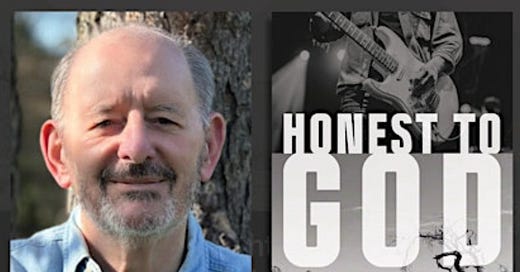




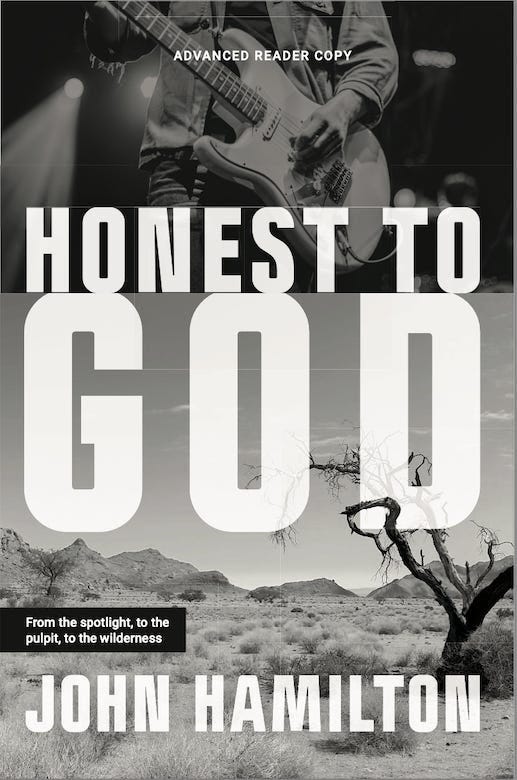


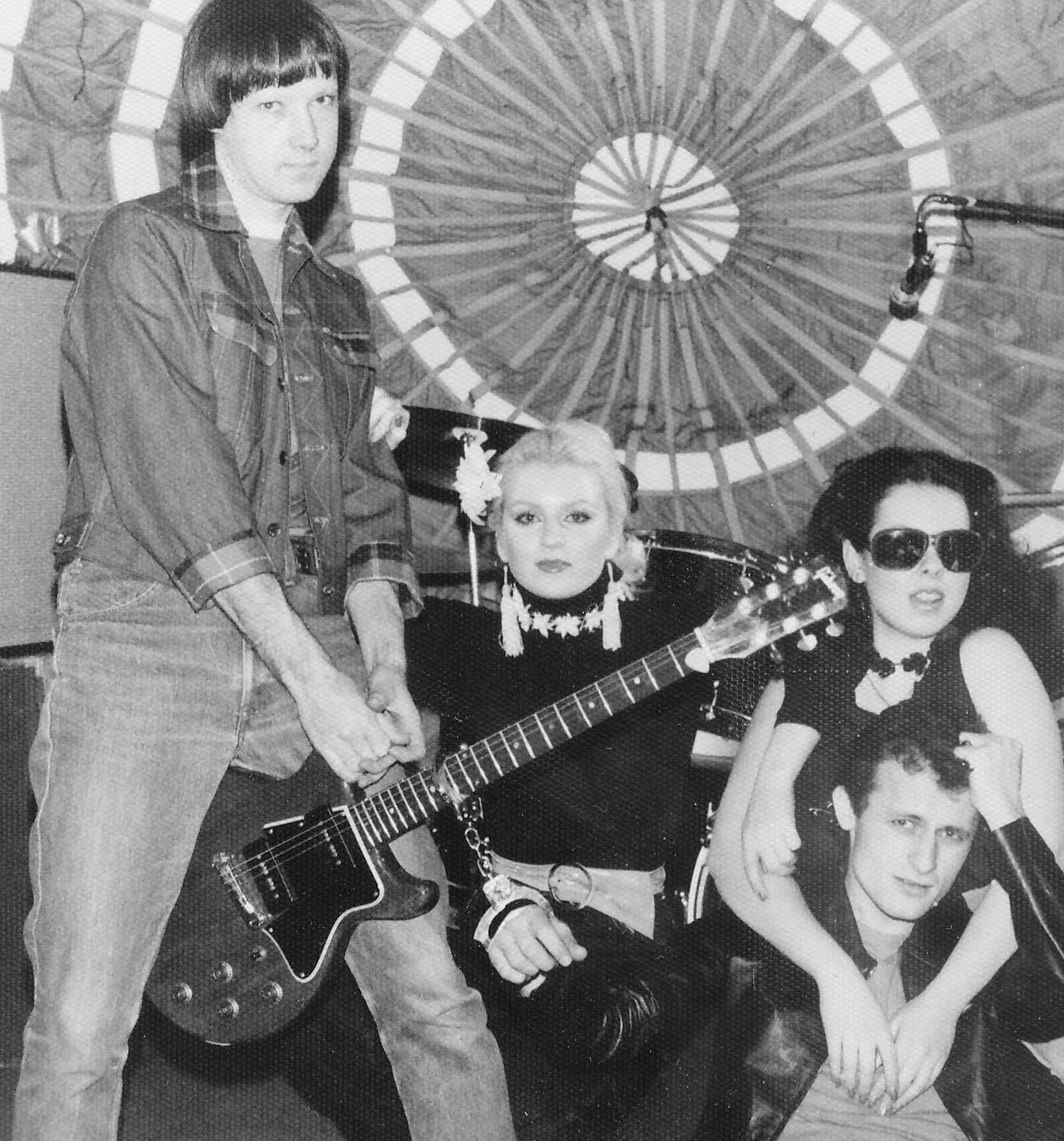
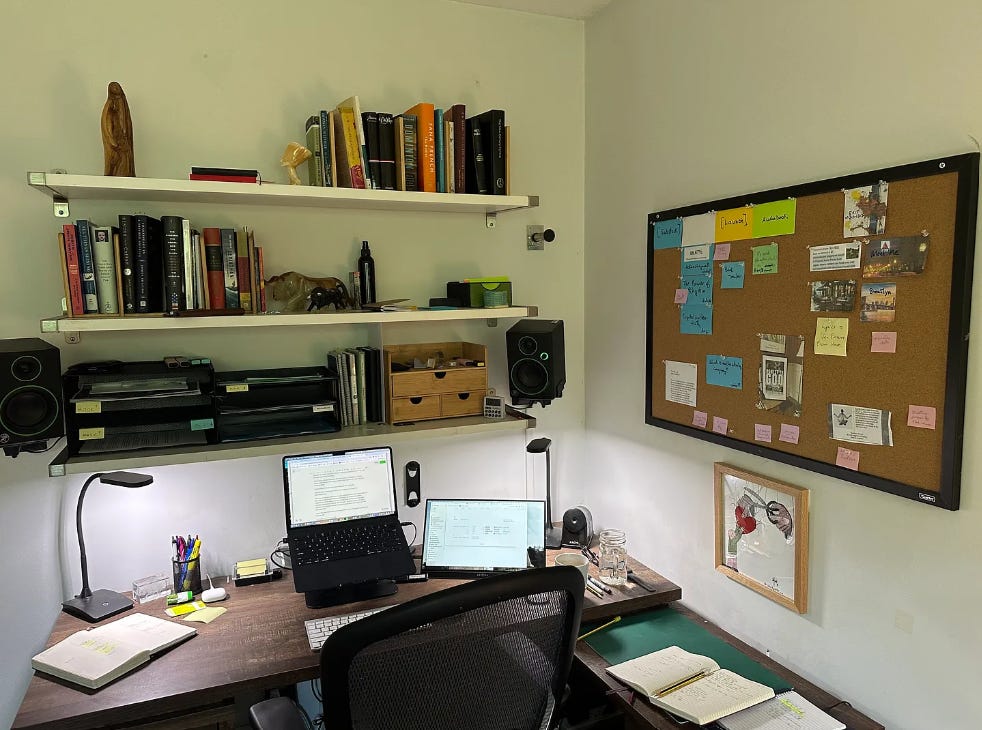
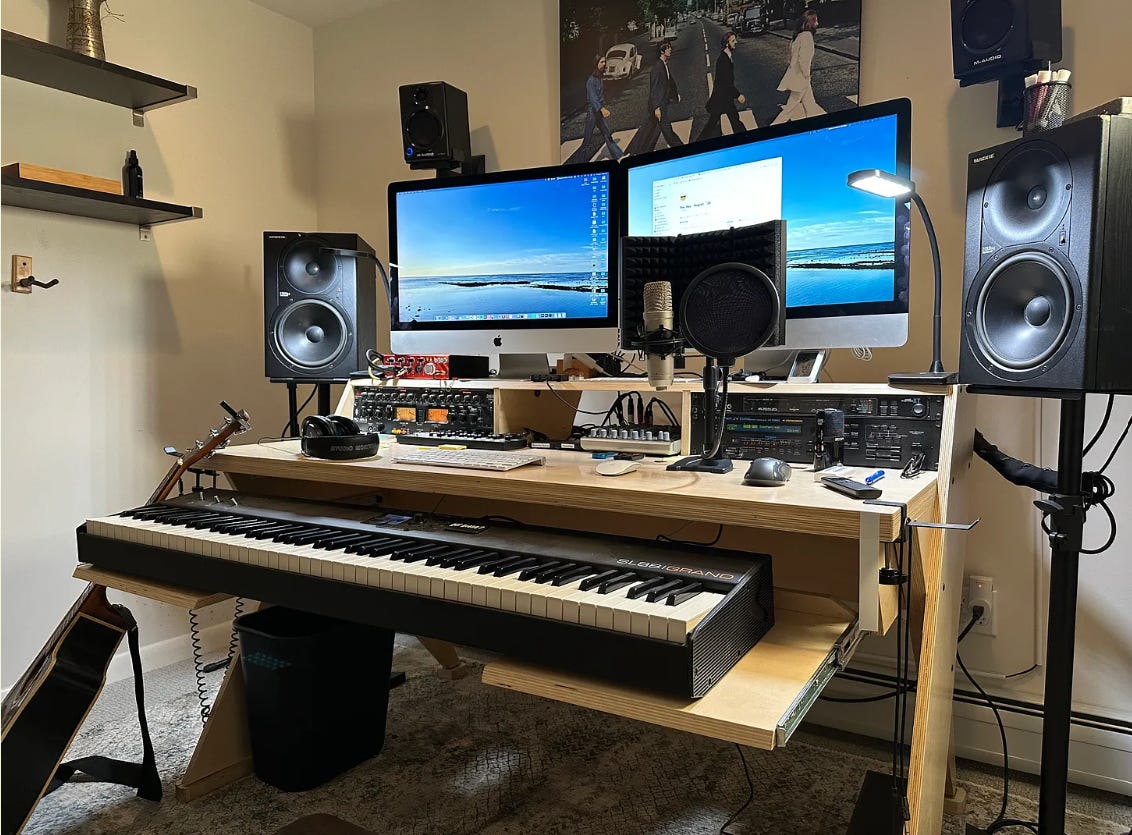
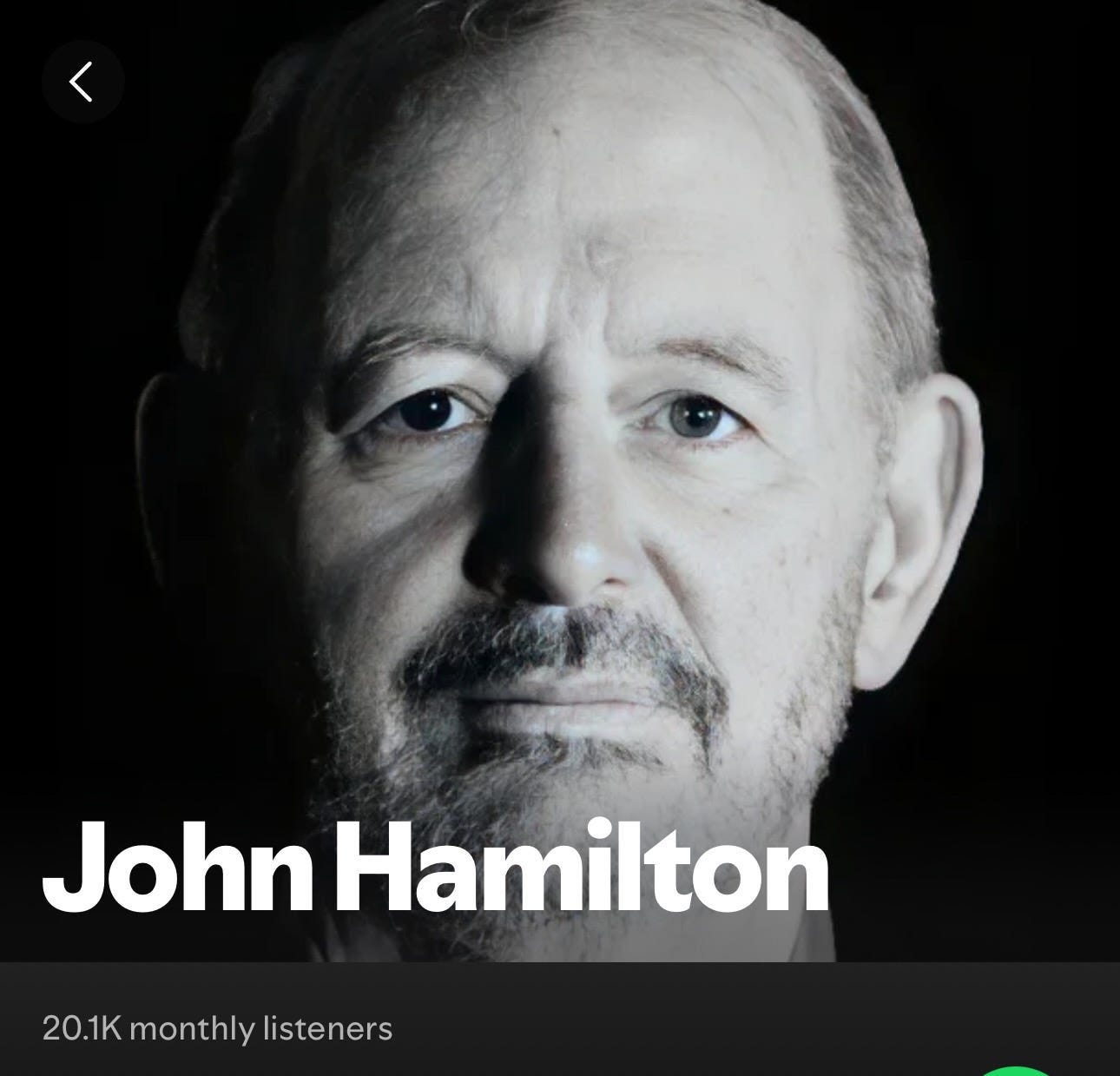
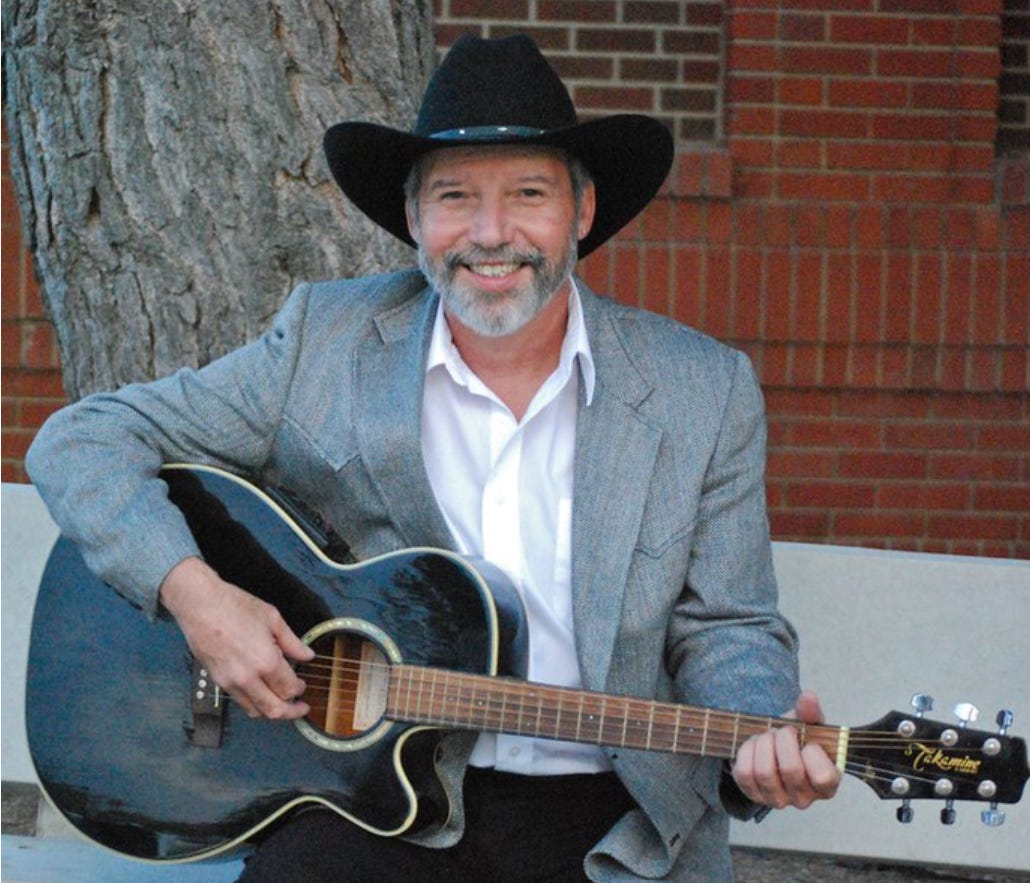
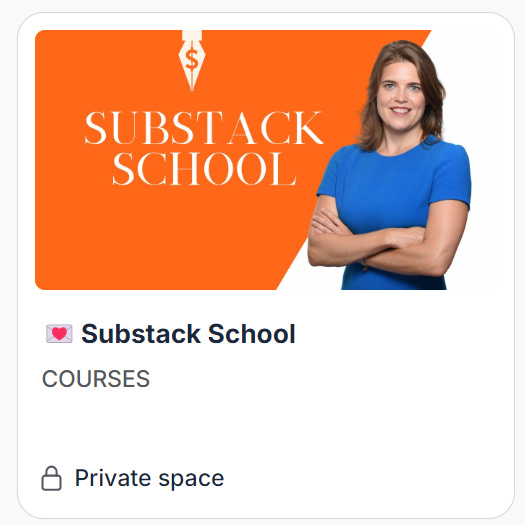
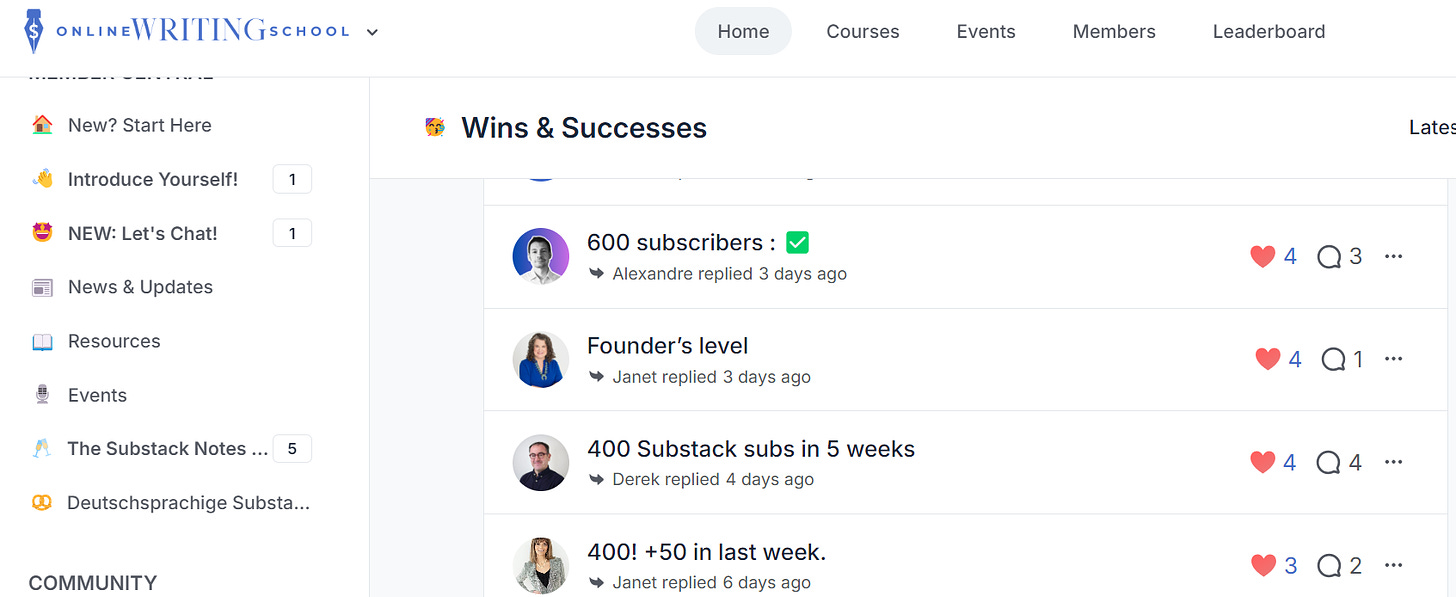
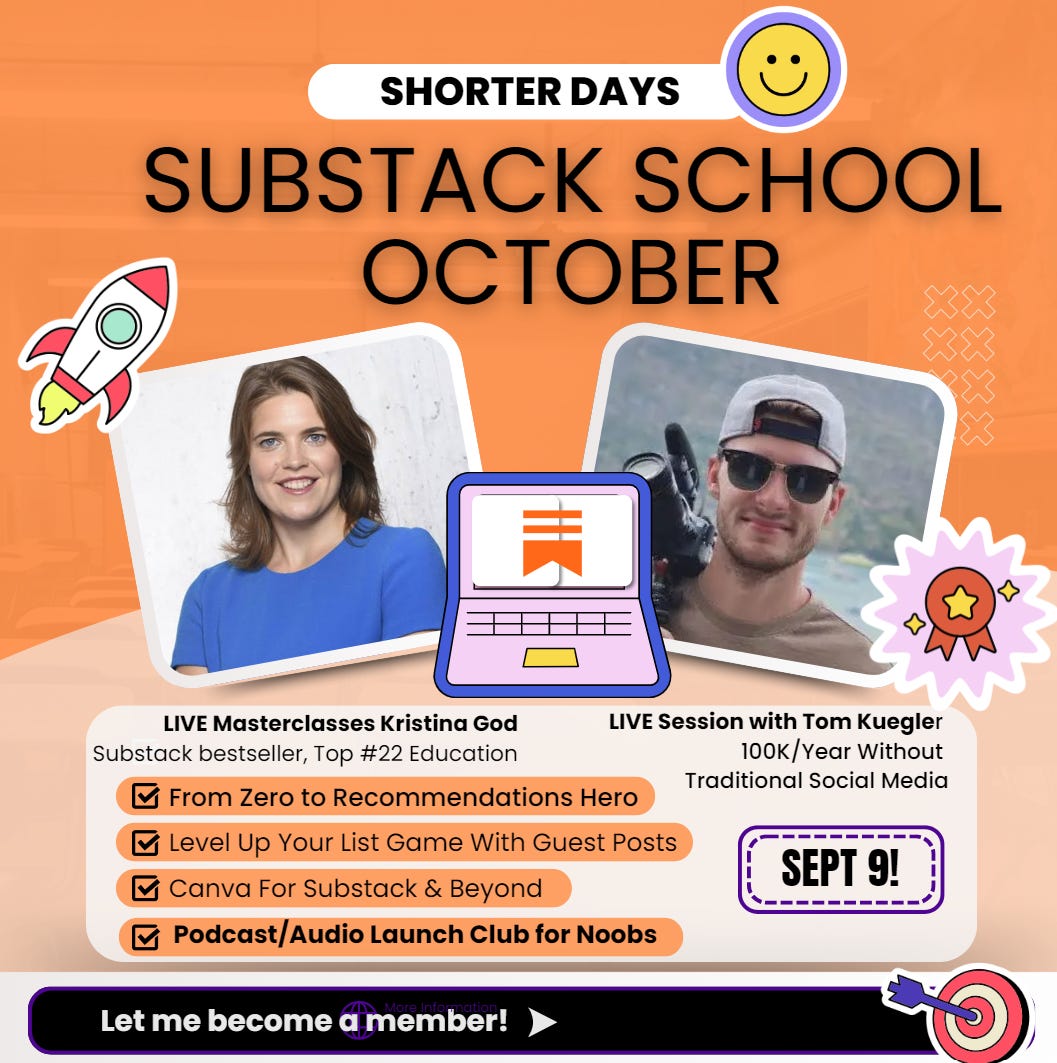

I know someone who started a public life at 75 and decided to leave it at 90.
She was a famous childrens’ book author.
And, I will write about her 😉
I followed and listened to your music on Spotify while I read this post. It's wonderful, as is your writing, John. I'm a few years behind you but also retired and staying as productive as I can.
I recall Neil Diamond stating in the liner notes to his album, Serenade: "I'd like to think I have twenty to thirty more productive years left." And he did. I like to think the same.
Here's to those of us who opt for self-expression and service to others as way of life in retirement.